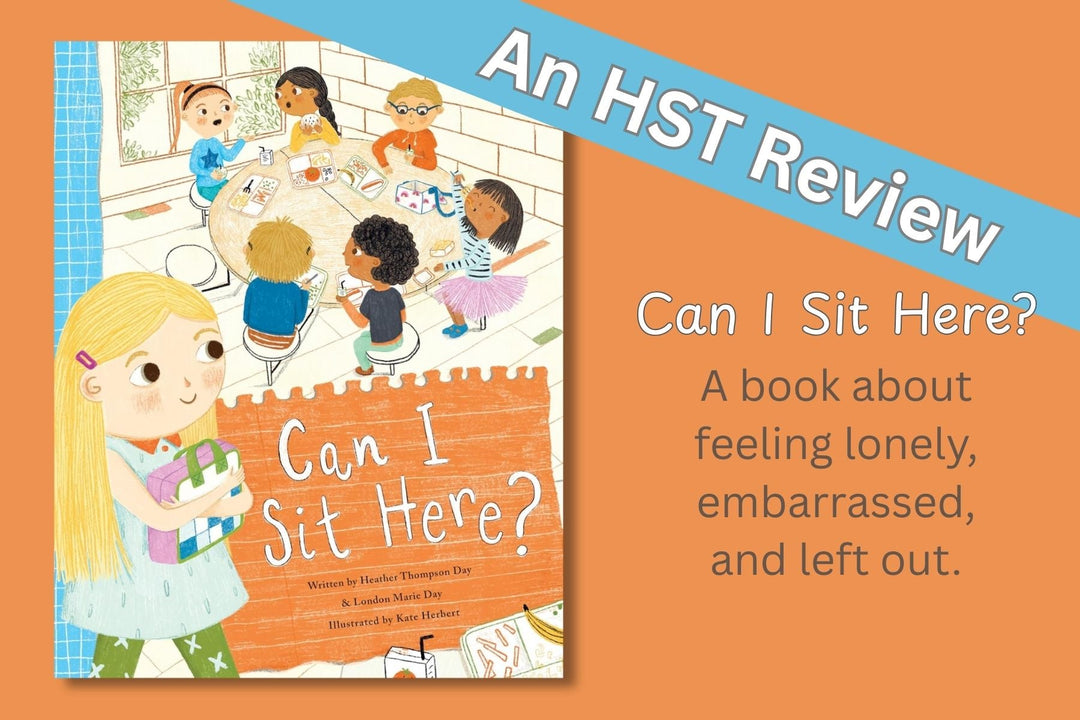How to Teach Your Teens to Write for the Real World

Writing for teens should go beyond just writing essays and research papers. Teach your middle school and high school students to write for the real world.
For me, high school writing focused on the five-paragraph essay and research papers. Why do I remember them? Because we did them over and over and over. Yes, learning these writing forms helped me to write well in college—or at least get good grades—but it came at a cost. I decided I really disliked writing.
Writing was another assignment to get through. Later, when I was teaching my sons how to write, I discovered I actually loved writing. And through my personal experience and teaching homeschool students through our co-op, I’ve realized writing for teens should be about more than just essays. We can teach our teens to write for the real world.
But how?
Show Your Teens The Benefits
Show your teens that the benefits of writing are found in process.
Do teens need to learn academic forms of writing like the essay and research paper? Absolutely! And they will need practice writing those forms to become proficient at them.
But academic writing needs to be balanced with a variety of other types of written expression to get the most benefits for your teens. Because the benefits of writing go beyond the product.The benefits are also in the process.
1. Writing Develops Thinking Skills
William Zinsser, in his classic On Writing Well, said it this way,
Writing is thinking on paper, or talking to someone on paper. If you can think clearly, or if you can talk to someone about the things you know and care about, you can write – with confidence and enjoyment.
“Writing is thinking on paper.”
Good writing requires us to organize our thoughts, make connections, and see things in new ways. But remember, writers can’t write if their brain bucket is empty. They have to fill it up with ideas and thoughts, words and images. Because of this, writers need to be information consumers.
Reading novels, non-fiction, and poetry, as well as reading and watching the news, fills your teen with ideas they can draw from. If your teen struggles with writing, make sure they have something to write about (actually even if they don’t struggle!).
“If you can think clearly… you can write.”
Have you ever read something that just seems to ramble on without making any real points? Rambling is a result of messy thoughts. If your student has trouble organizing their thoughts you can help them. Discuss what they are learning about with them. Ask questions. Challenge their thinking and invite them to challenge your's, too.
They can also use graphic organizers such as Venn diagrams or mind maps. By organizing their ideas using a graphic organizer, they can see how it all goes together.
2. Writing Helps Them Develop & Express Creativity
I love this definition of creativity from vocabulary.com:
Creativity is the ability to transcend the ordinary. It’s the critical thinking skill that allows you to ‘think outside the box’ to come up with original solutions to problems.
We often think of creativity as limited to the arts, but it is a necessary element in all areas of life. Without creativity we would not have the mathematical theories that presented us with fractals, or the technological imagination that could foresee people walking on the moon. It was creativity that harnessed lightning into electricity and later used that electricity to send messages through wires. Without creativity, we probably would never have invented the wheel or domesticated fire!
The need for creativity transcends any one subject. And writing is both an expression of creativity and a way to help develop it. We tend to think of creative writing as telling stories or writing poems. But all writing can be creative! When we think of creativity as the skill of thinking outside the box, we realize that any type of writing, from essays to poetry, can communicate ideas creatively.
And the best way to develop creativity is to write consistently. Below you’ll find some ideas to help.
3. Writing Gives Teens a Powerful Voice
The whole purpose of learning to write is so we can effectively communicate information, thoughts, and ideas. Our teens live in an information saturated culture— a culture where their ideas and voices are important, but can be easily lost. If we want our teens to be leaders, they have to learn how to share their thoughts in clear, concise, and thoughtful ways. Will they all become professional writers? No. However, many jobs require solid writing skills, even in non-traditional writing careers.
But beyond that, our teens are communicating daily on social media. They are voicing opinions and sharing ideas. Shouldn’t we help prepare them to do that in a responsible and powerful way?
Go Beyond Essays and Research Papers
Writing comes in many forms today, and our teens need to have the opportunity to explore these different forms. You don’t have to incorporate all of these in a middle school or high school writing curriculum, but consider which ones your teen might need and enjoy.
And ask them what writing skills they are interested in developing. You don’t have to be an expert in writing to help your teens find resources that will assist them in learning new ways of communicating.
Journaling
Journaling is simply taking what is in our head and writing it down on paper by recording our thoughts and ideas. It can be deeply personal.
Don't let the idea of journaling intimidate your teen! Tell them they don’t have to have perfect grammar, don’t have to spell every word correctly or even use complete sentences. Have them jot down phrases, make lists, even draw. Give them the freedom to do it in a way that works for them.
The goal of journaling isn’t to create a literary masterpiece, but to provide an outlet for them to express their thoughts and emotions. Remember how we said that “writing is thinking”? Journals provide a way for teens to do just that. To process life and collect ideas and share from their hearts.
Journals are personal. So I would recommend letting them keep it that way. Don’t read your teens journal unless they invite you to.
Poetry
Literary language and devices take center stage when writing poetry. Poetry is filled with images, beautiful descriptions, emotions and ideas. Writing poetry is about precision and clarity. Teens can apply all of the skills required for poetry in other formats too, so you can think of writing poetry as an exercise to develop strong communication muscles.
Novels & Journalism
Some teens love writing and want to have a career in it, so let them explore those interests as a part of your curriculum. The budding novelist may want to write their own novel. Or you may have a journalist living in your home. Whatever type of writing they are interested in exploring, collect good examples of it for them to read and use as patterns for their own writing.
Blogging
Think of blogging as the modern day essay. Have your students study some well written blogs and ask them to identify what makes it effective. Consider how the author of the blog develops an argument or idea, teaches something, or shares a story. Look to see if you can recognize how it is organized and what methods the writer uses to engage the reader.
Your teens can actually set up a blog for free, or they can simply write some blog posts for fun. You can even combine this with reading literature and having students write blogs as if they are one of the characters in the story. Check out this assignment for studying Pride and Prejudice and characterization.
Social Media
Yes, it may be hard to accept, but teens are sharing on social media all the time. So let’s teach them to do it well. Expressing opinions in a thoughtful and respectful way isn’t always easy.
Watch or read a current news story and have them write their opinion about it in one to two short paragraphs. Then challenge them to write their main idea “tweet style” in 280 characters or less. Finally, let them find or take a picture to share the same information as they would on Instagram.
This idea can be used with more than just news. They can share what they are learning spiritually or personally too.
Writing for Teens
Your teens will probably have ideas for what forms they would like to learn more about. Often in education, we teach writing kind of backwards. We teach them a format and then assign a topic so they can practice that particular writing form. And yes, there is a time and place for that.
But real life writing is about choosing a form based on what we have to say. Allow your teens to explore writing beyond the essay so they will be able to communicate effectively, no matter what form it takes.













